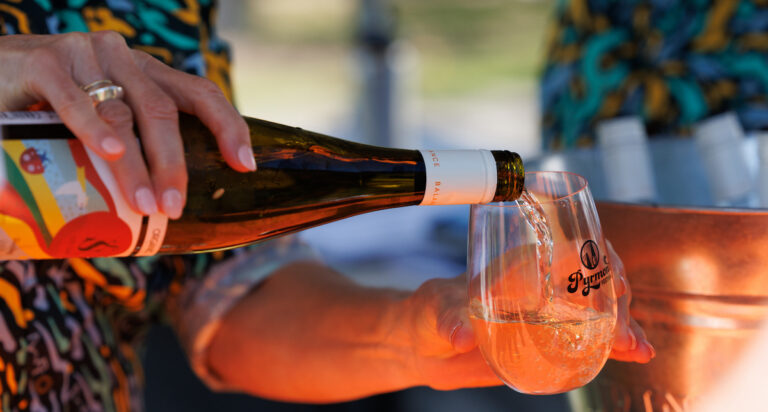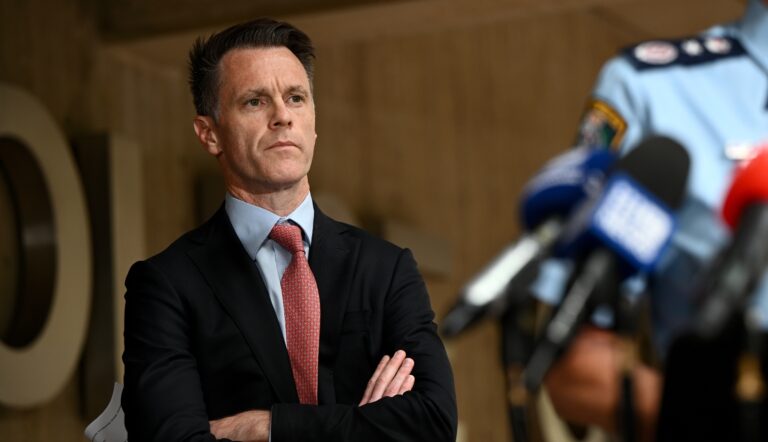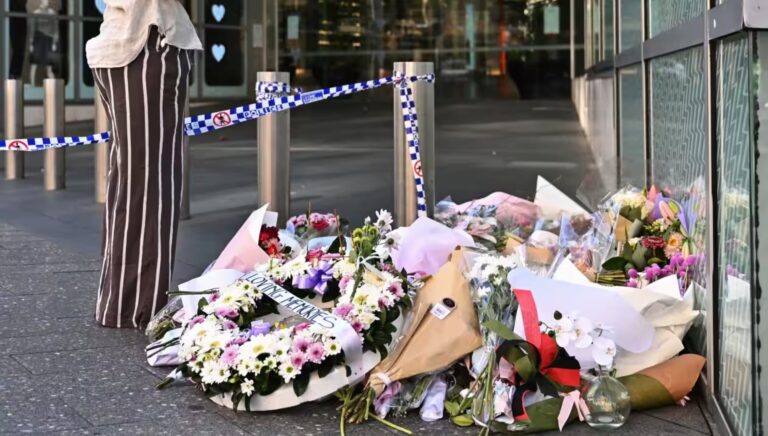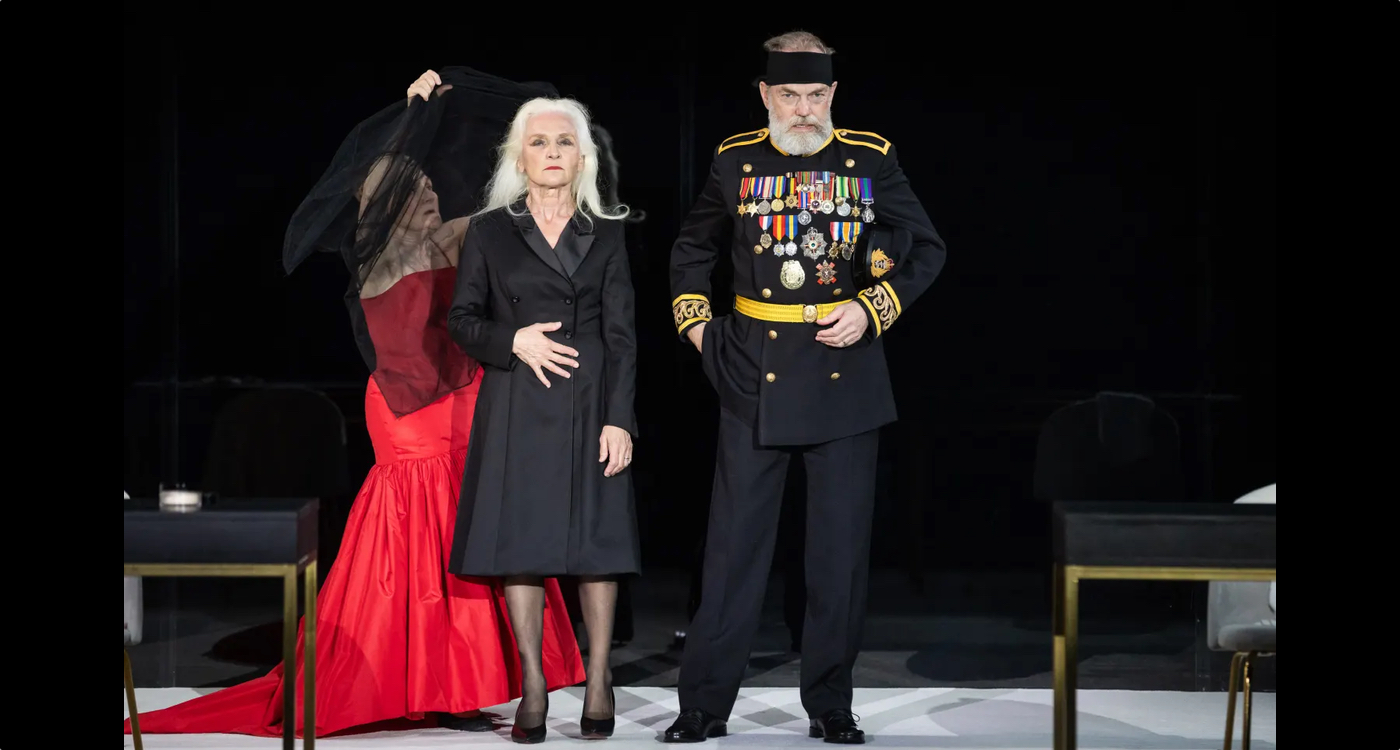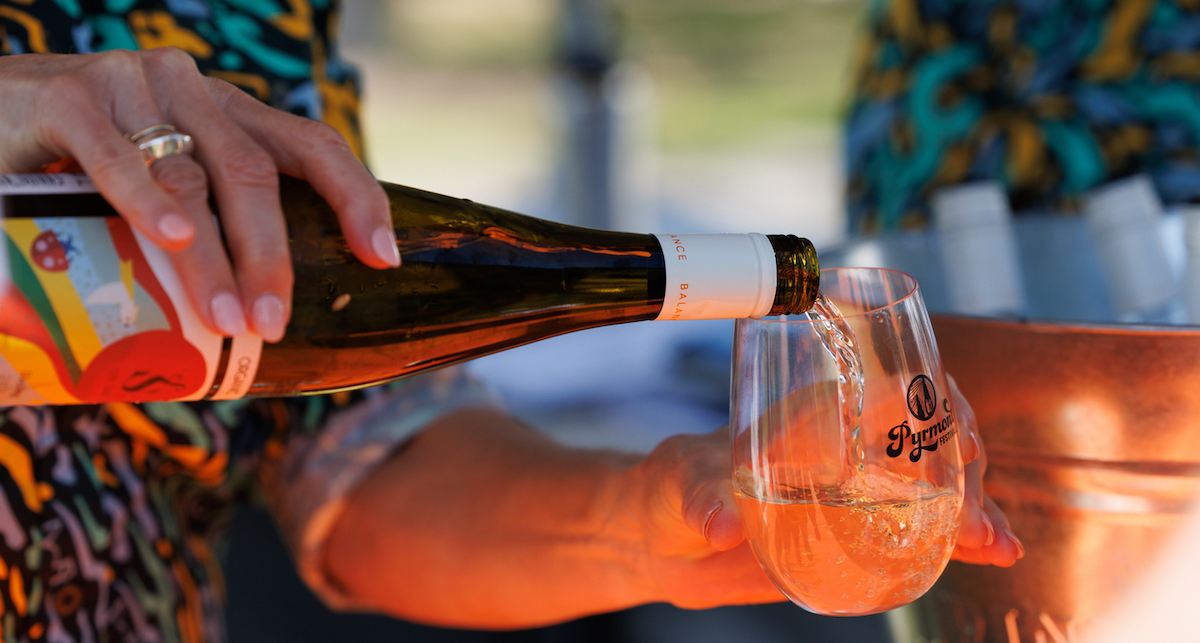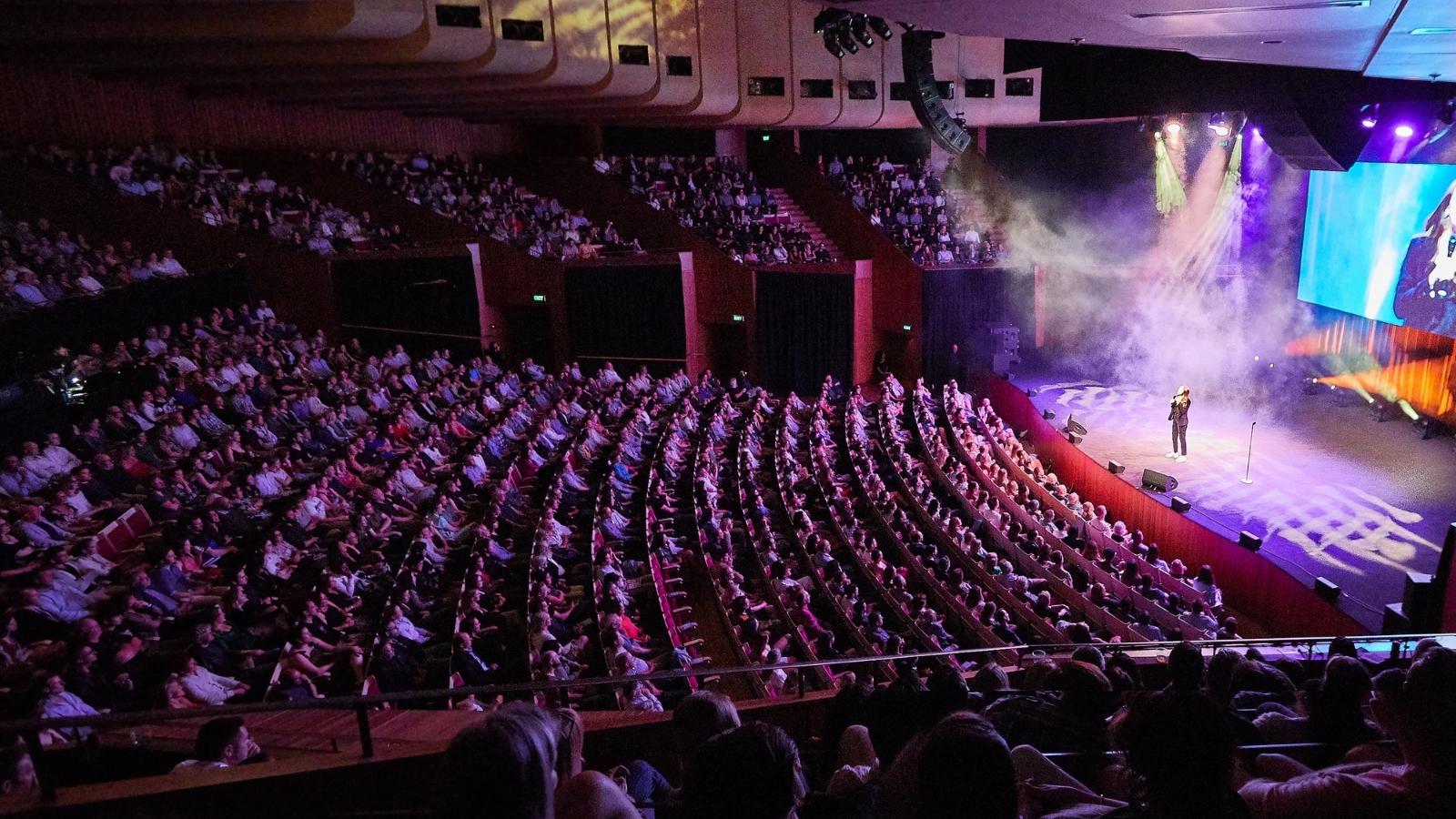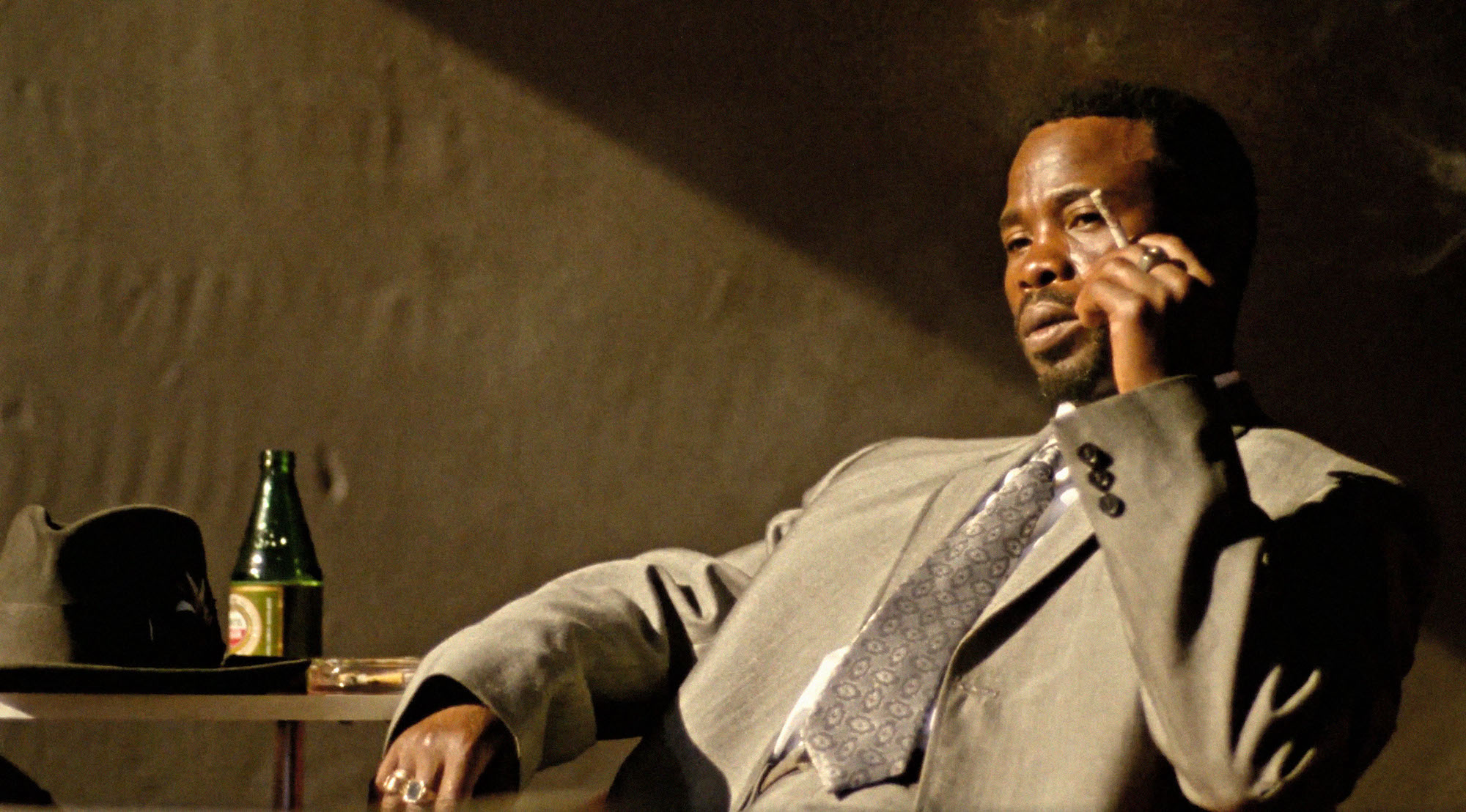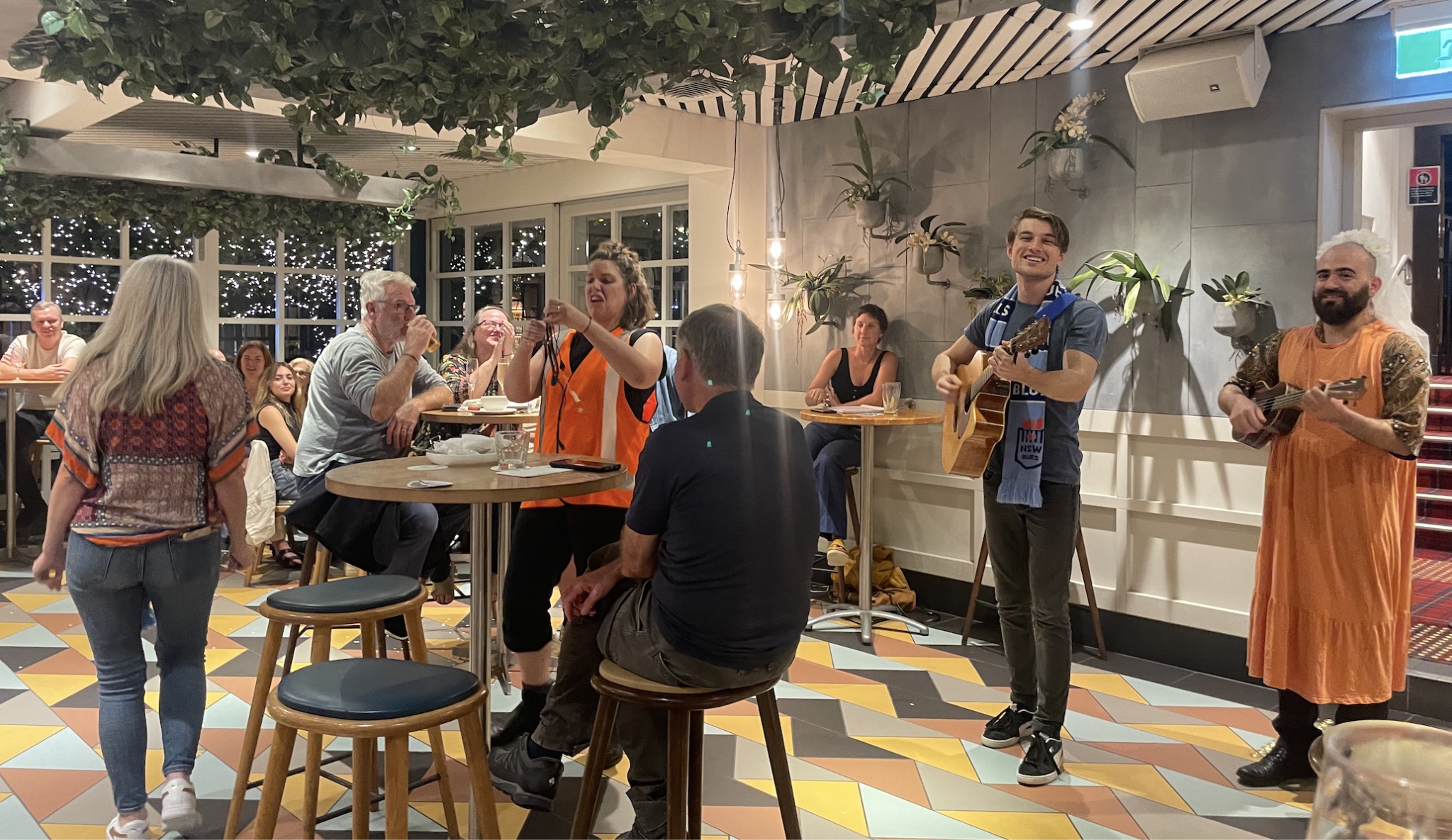
SYDNEY LATIN AMERICAN FILM FESTIVAL 2013

The Sydney Latin American Film Festival (SLAFF) is here again to brighten the mid-year slump, bringing to Sydneysiders a rich feast of Latino film and culture, in their most colourful and event-packed fiesta to date.
The festival is now in its eighth year, and it’s come a long way since modest beginnings. During the first SLAFF in 2006, although there were only two-dozen films on show, there was a tangible buzz surrounding the event. It was evident that Sydney, and its ever-increasing Spanish-speaking community, was ready for an annual injection of Latin culture.
The festival materialised as the brainchild of a small group of like-minded Australians and Latinos, who had the bright idea to bring the rich aesthetic and diversity of Latin American cinema to Australia.
Raising money was also a primary goal. One of its founding members, Mark Taylor, said, “Fundraising was one of the core objectives of the festival, to give back to the communities from where the stories came.”
In their first year the festival raised $8,000, which was split across three community development organisations in Latin America. Due to the continued efforts of the founders, sponsors and their many volunteers, they’ve accomplished a lot.
“Since then the festival has raised about $100,000 for about 18 different organisations,” says Taylor.
Prior to this year’s opening night, there’s a fundraising event entitled Shorts & Sounds, screening a variety of short films, as well as live music and tango, to be held at The Basement in Circular Quay. Again all proceeds go to community development projects across the region.
This year’s SLAFF event presents 22 films that encapsulate the breadth of social, political and historical narratives, exploring the human condition from a uniquely Latin viewpoint.
Some of the festival’s recurring themes – the disparity between social classes, the hardship of poverty, political and social upheaval – are well represented. Carlos Bolado’s historical drama Tlatelolco – Summer of ‘68 (Mexico), tells the story of the shocking massacre by the military and police of unarmed student protesters. It happened only days before the 1968 Olympics and left hundreds dead and wounded. Apt timing in light of recent protests in Brazil over government spending for the upcoming World Cup and the 2016 Olympics.
In the drama Rock, Paper, Scissors (Venezuela), two very different worlds collide as a poor young couple find themselves holding a wealthy family to ransom, with tragic consequences. The film – which was chosen as Venezuela’s submission to this year’s Academy Awards – bluntly chronicles the brutal and unpredictable world of law and order in a city where corruption reigns.
Another recurring theme is the concept of the voyage as a means of self-discovery. The colourful art-house comedy/drama The Clown (Brazil) follows the travails of a father and son clown act and their idiosyncratic circus troupe, as they bring their vaudeville entertainment to rural folk. An existential crisis leads the son (played by the film’s director Selton Mello) on a personal journey to uncover his true purpose in life.
One for gastronomes is the documentary Peru Sabu (Peru); two celebrated chefs travel cross-country to visit the many ‘cucinas’ of Peru and explore the notion of cuisine as an agent for social change. To ensure you don’t leave the cinema hungry, a Peruvian tasting banquet is included in the ticket price.
Two special guests will be in attendance at this year’s festival, Venezuelan filmmaker Hernán Jabes (Rock, Paper, Scissors) and Argentinian documentary-maker Rodrigo Vila (Mercedes Sosa). Both will take part in Q&A sessions after the screenings.
The aim of these sessions is to facilitate the cross-cultural exchange of ideas, as founding member Mark Taylor explains, “Discussion (has) also been a key element to the festival’s events, bringing people together from across Australia and Latin America to talk about some of the themes taken from the films: land rights, indigenous perspectives, gang culture, economies.”
Of course, no Latin American festival would be complete without the opportunity to stage some traditional music, and this year’s event is no exception. Following the opening night screening is the Baja Cantina Fiesta, featuring El Orqueston, a vibrant, twelve-piece Afro-Cuban salsa band. There’s also a mid-festival Colombian music night, plus the official festival Carnivale Bar will be open every night – all taking place at Ryan’s Paragon Hotel, in Circular Quay.
For aficionados of music and food, students of politics and history – or those who want to soak up the scenery – the Sydney Latin American Film Festival will deliver; and it’s all served with characteristic Latin hospitality. (RF)
Sep 4-15, Dendy Opera Quays, Circular Quay & Bankstown Arts Centre, Bankstown, $15-55 (three session pass), sydneylatinofilmfestival.org
